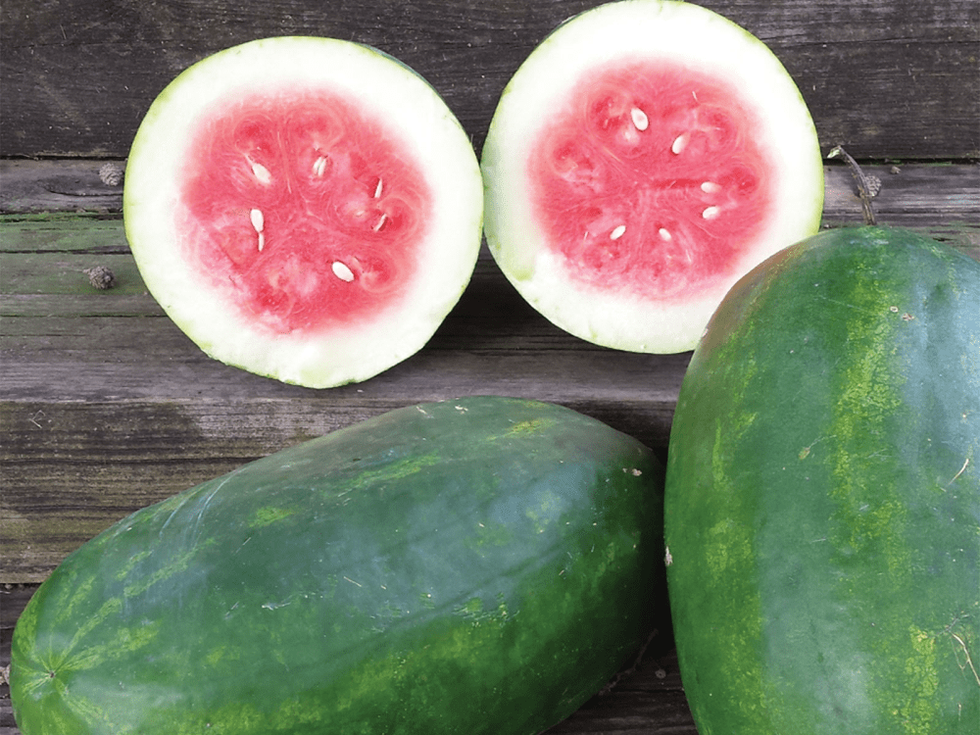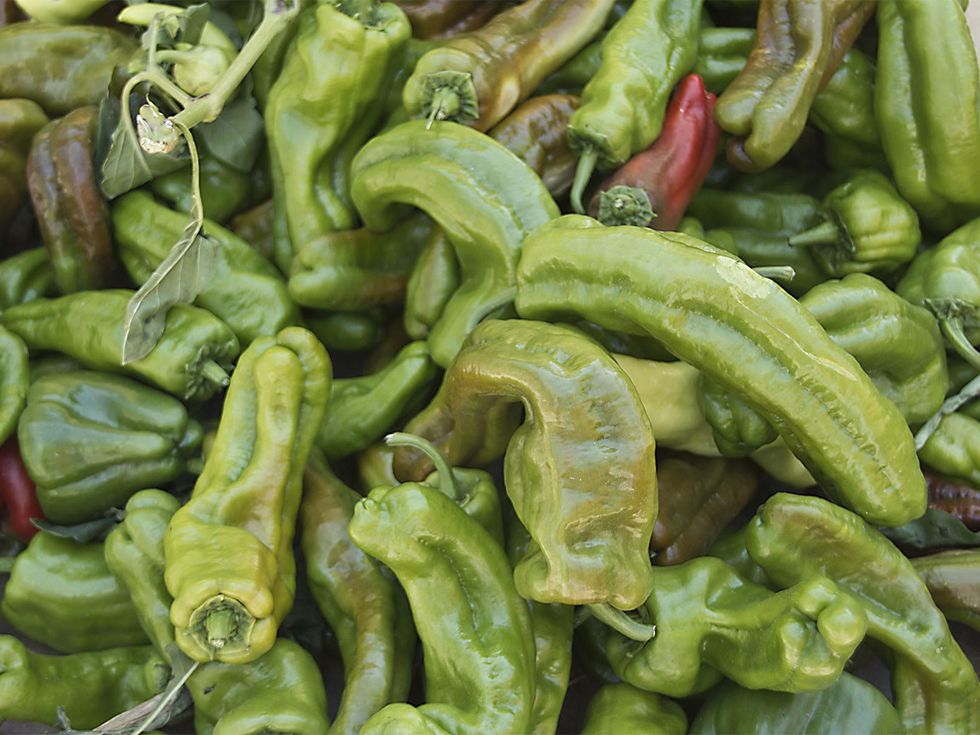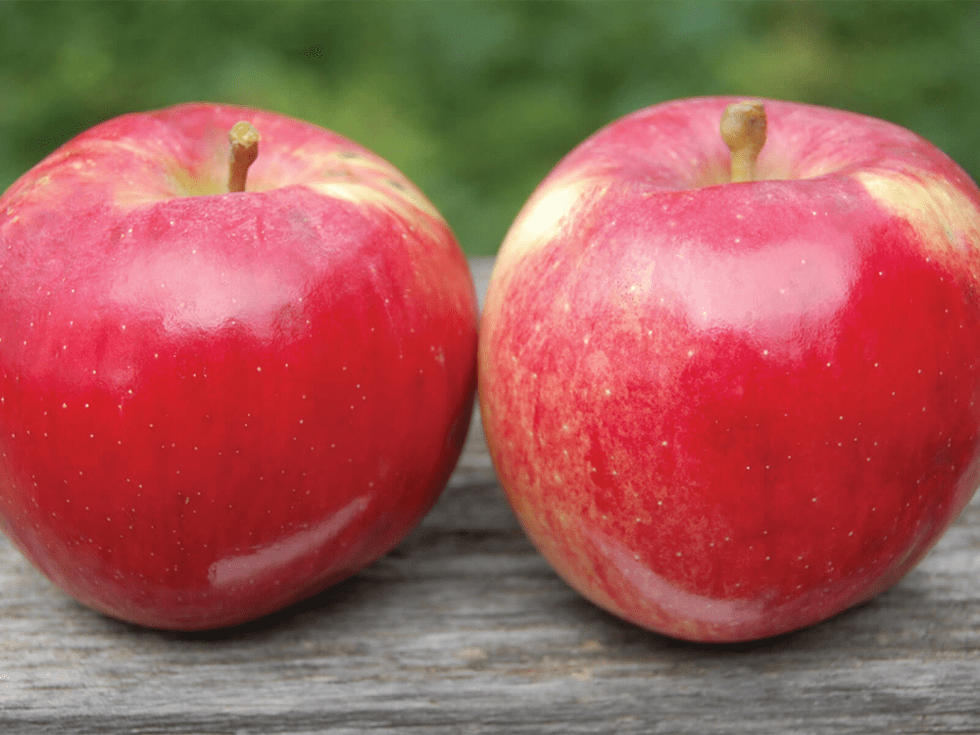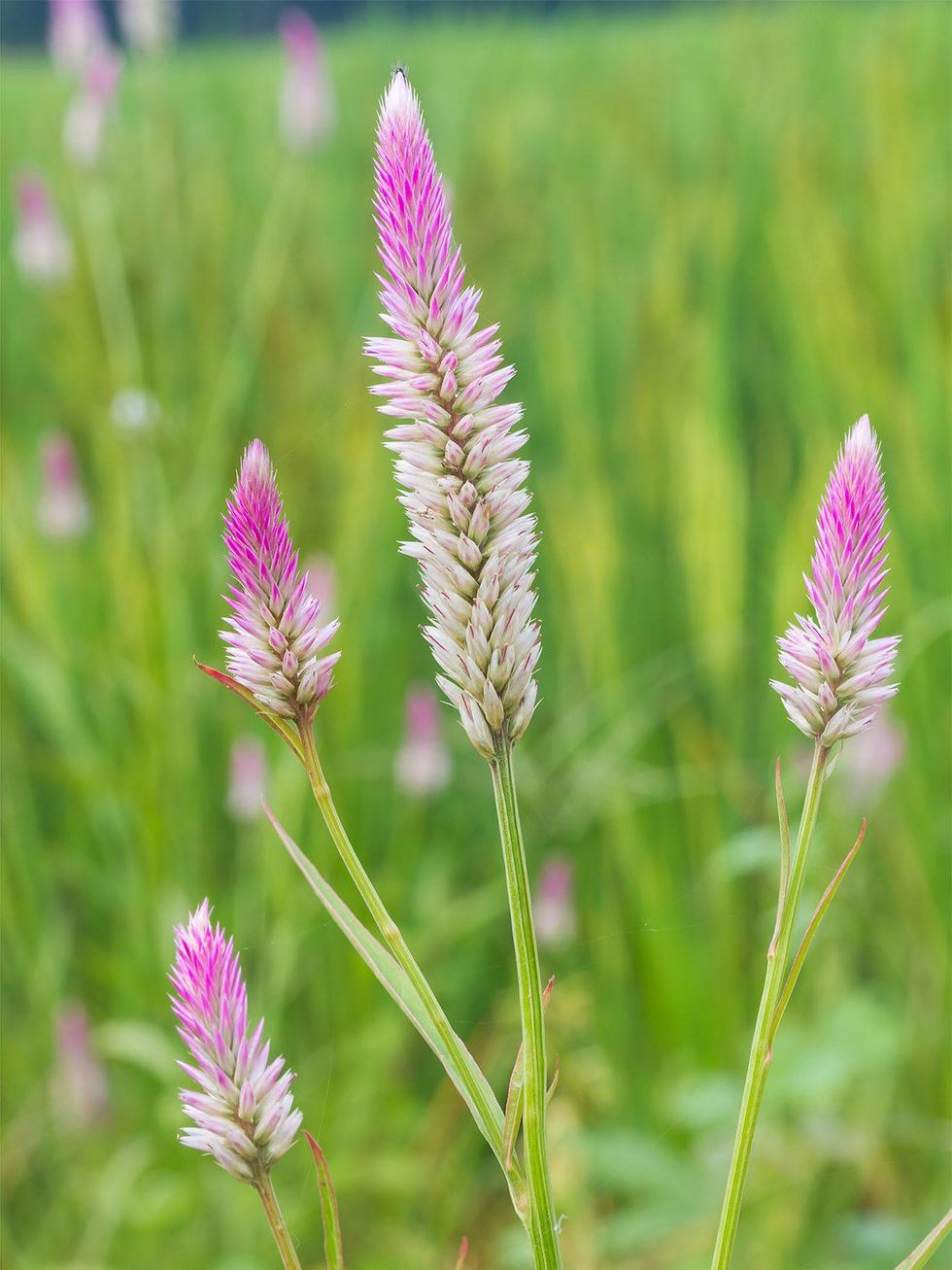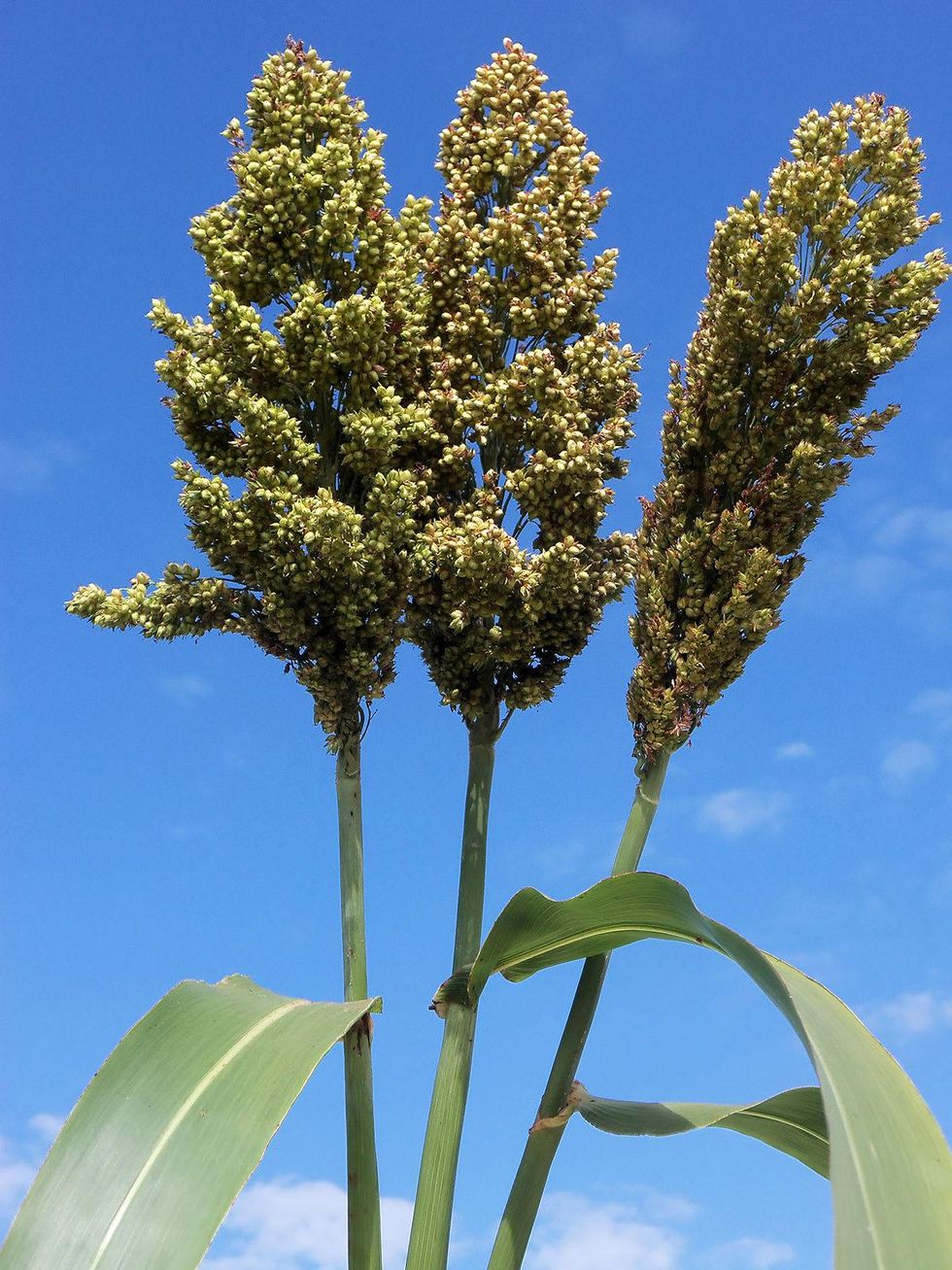The Farmer Diaries
Texas farmer offers second round of staple crop seeds for 2015 urban garden
Long before planting season begins in March, you need to get busy on the crucial task for your urban garden: selecting your seeds. Last week, we listed sources for rare seeds that are at risk of falling out of circulation. This week is a look at seed sources I rely on for staple crops such as herbs, greens, melons and grains.
Dozens of alternative seed sources have emerged that specialize in heirlooms and open-pollinated standard varieties of garden crops. These sources offer varieties that are outstanding producers in Texas and aren't on the radar of conventional stores and nationwide seed suppliers.
My introduction to these alternative sources came in my search for the elusive Texas Wild tomato, offered by Native Seeds/SEARCH. From there, I ordered from Baker Creek Heirloom Seeds, Botanical Interests and Seed Savers Exchange. As my interest in their unique offerings grew, so did my success in the garden.
I continue to find more alternative sources, all with something no one else has. And each year they bring something new to their own catalogs, including transplants and rootstock as well as seeds. With their catalogs now arriving in the mail, I've become acquainted with more cultivars than I could ever tend. Still, I plan to give a few a try this year.
Here's my list of must-try new selections for 2015:
Seed Savers Exchange
Sand Mountain sorghum. Sorghum grows in Texas like it's a native plant. The strong stalks can be processed into molasses, and the grain can be made into pancake flour.
Schochler watermelon. Developed by J. Palmer Schochler of Rusk, Texas, in 1925, this oblong, dark green fruit has bright pink flesh and seeds that are tan or white.
Smooth German kale. This kale has an annual life cycle, which means it grows, flowers and produces seeds in one year instead of two. This makes it ideal for beginning seed savers. Additionally, its smooth green leaves are nutritious and a break from the curly kale varieties.
Franklin apple. A red skinned, white-fleshed apple, good for eating fresh off the tree.
Botanical Interests
Tulsi holy basil. Also known as the Queen of Herbs in India, holy basil or Tulsi basil. Used in Indian Ayurvedic medicine, this basil's flowers are harvested and steeped into a Tusli tea that has a flavor reminiscent of cloves and anise.
Padrón chile pepper. A thin-skinned pepper with a mellow flavor that occasionally is fiery hot.
Flamingo celosia. Pretty, rose pink soft flowers that are beautiful when planted en masse.
Southern Exposure
Charleston Hot pepper. Almost as hot as habañeros and a favorite for hot sauce. It has colorful fruit and unusually yellow leaves, so it makes an interesting ornamental.
Alabama Blue. A collard green with blue leaves and plum-colored veins, its leaves will stay sweet even when summer makes most greens bitter.
Yellow cabbage collards. Milder and more tender than most collards, yellow cabbage collards form a loose head, which makes them an increasingly rare find.
Restoration Seeds
First Harvest spinach. An alternative to Bloomsdale spinach that has a wider range of time in the season that it will grow.
Black Sea Man tomato. It's a tomato with purplish-black coloring; that's reason enough for me to give it a try. Plus, it is purported to do well in drought.
Clary sage. A bumblebee magnet, this edible, aromatic sage will fill the air with fragrance.
Sustainable Seed Company
Crystal White Wax onion. Well-adapted to North and Central Texas, this onion is suitable for pickling, salsa recipes and stir fries. Its high sugar content makes it perfect for grilling and caramelizing. Because it's quick to produce, it won't take up space in the garden as long as typical onions do.
Plainsman tomato. A dependable, slicing tomato that's especially drought-tolerant and produces even in Texas heat.
Tam jalapeño. Popular because it's not as hot as most jalapeños, which makes it perfect for poppers and for stuffing.
Purple Dragon carrot. Has as much lycopene as a tomato and is beautifully purple.
